Table of Contents
Introduction to Provencal Herbs
Provencal herbs, also known as Herbes de Provence, are a traditional blend of dried herbs originating from the Provence region of southeastern France. This aromatic mixture typically includes thyme, rosemary, oregano, marjoram, and bay leaf, capturing the essence of the Mediterranean landscape. Unlike generic spice blends, authentic Provencal herbs reflect the region's unique climate and agricultural traditions, making them essential for classic French dishes.
These herbs are not just a seasoning but a culinary heritage. They are carefully harvested at peak freshness, air-dried to preserve potency, and blended in ratios that balance earthy, floral, and savory notes. The result is a versatile seasoning that enhances everything from grilled meats to vegetable stews while staying true to French culinary traditions.
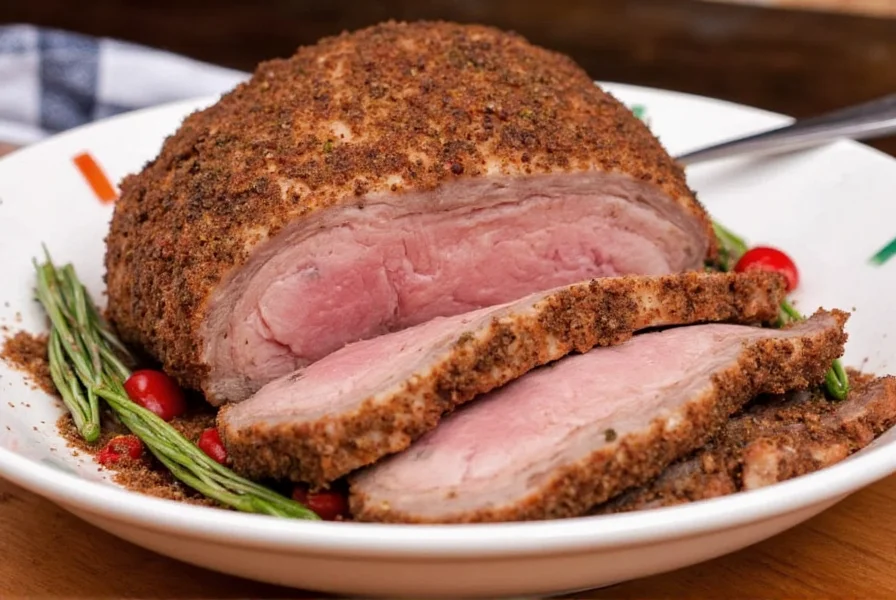
Key Ingredients in Provencal Herbs
| Herb | Traditional Role in Provencal Blends |
|---|---|
| Thyme | Provides earthy depth and is the foundational herb in most authentic blends |
| Rosemary | Imparts pine-like aroma; essential for meat dishes and roasted vegetables |
| Oregano | Contributes pungent, slightly bitter notes common in Mediterranean cuisine |
| Marjoram | Adds sweet, citrusy balance to counteract stronger herbs |
| Bay Leaf | Delivers subtle floral undertones for soups, stews, and braises |
| Lavender (optional) | Used sparingly in some regional variations for floral complexity |
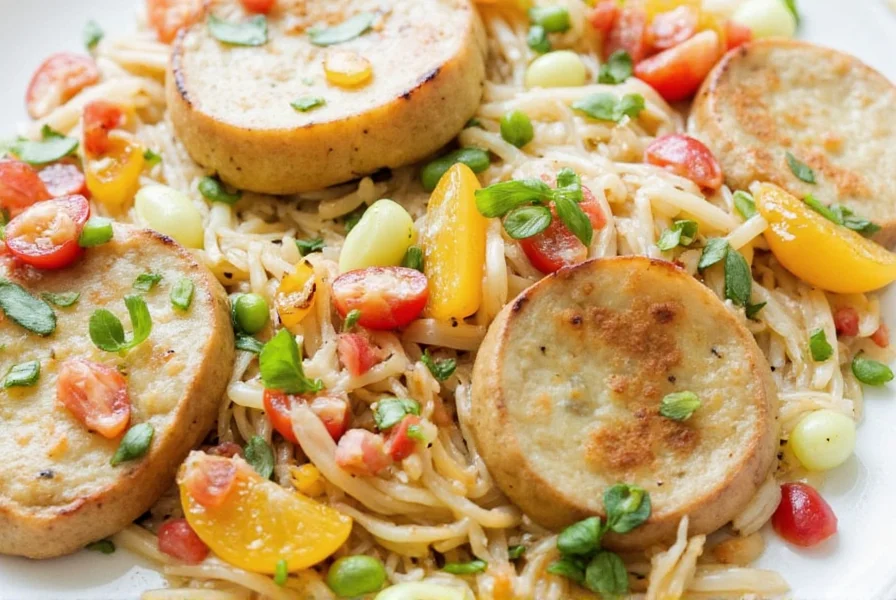
Culinary Uses and Traditions
Provencal herbs are deeply rooted in French culinary traditions. Here's how they're traditionally used:
- Provençal-style dishes: Essential for ratatouille, bouillabaisse, and aioli sauces
- Grilled proteins: Dry rub for chicken, lamb, or fish before grilling
- Vegetable preparations: Tossed with olive oil and roasted vegetables like eggplant and zucchini
- Bread and pastries: Mixed into focaccia dough or sprinkled on baked goods
- Marinades: Combined with olive oil and lemon juice for tenderizing meats
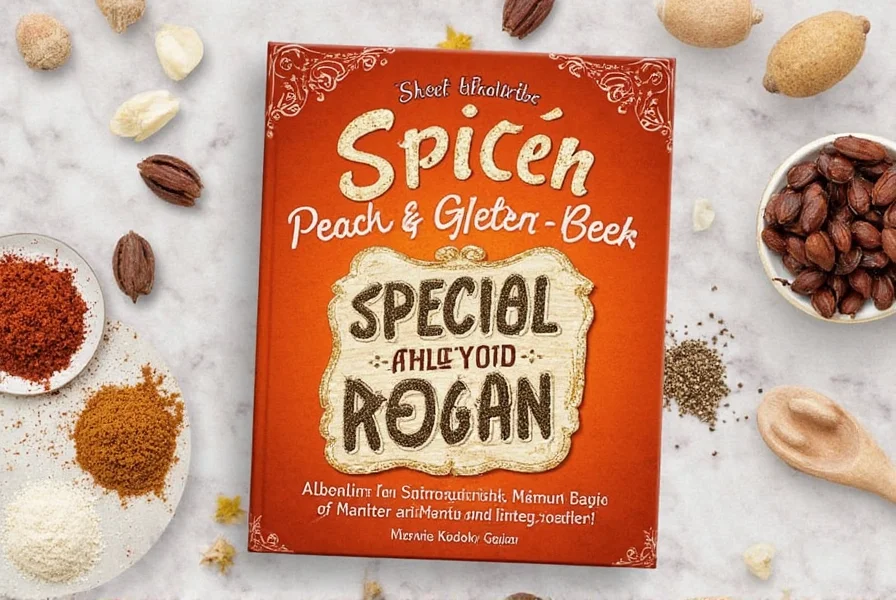
Authentic use emphasizes balance: the blend should enhance without overpowering. Professional chefs often adjust ratios based on the dish, but traditional Provence recipes maintain consistent herb proportions passed down through generations.
How to Choose Authentic Provencal Herbs
Many commercial blends misrepresent "Provencal herbs" by adding non-traditional ingredients or using low-quality substitutes. Here's how to identify authentic products:
- Check the ingredient list: True blends contain only thyme, rosemary, oregano, marjoram, bay leaf, and optionally lavender. Avoid blends with fillers like salt, garlic powder, or chili flakes.
- Look for regional sourcing: Authentic blends source herbs from Provence, France. Check for "Made in Provence" or "Sourced from Provence" labels.
- Assess visual quality: Whole or coarsely ground herbs indicate freshness. Powdered blends often lose flavor quickly.
- Smell test: Genuine Provencal herbs have a complex, fragrant aroma. Stale blends smell flat or musty.
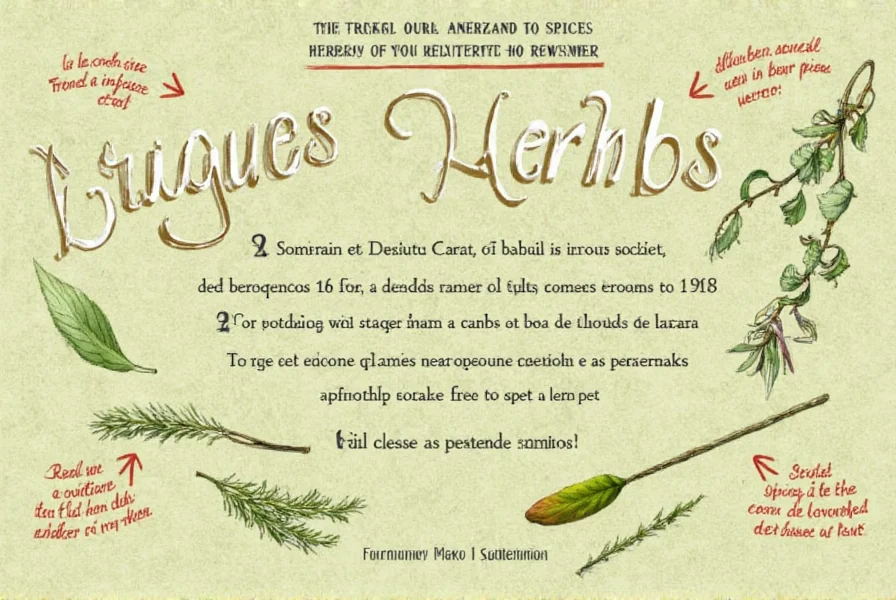
Practical Tips for Using Provencal Herbs
Maximize flavor with these time-tested techniques:
- Use whole herbs: If buying whole leaves, crush them between your fingers before adding to release oils
- Pair with olive oil: Mix with high-quality extra virgin olive oil for dressings or marinades
- Add at the right time: For roasted dishes, sprinkle before cooking. For delicate dishes like fish, add during the last few minutes
- Storage matters: Keep in airtight glass containers away from light and heat to preserve potency for 6-12 months
- Traditional ratio: For homemade blends, use 2 parts thyme, 1 part each rosemary, oregano, and marjoram, with 1/2 part bay leaf
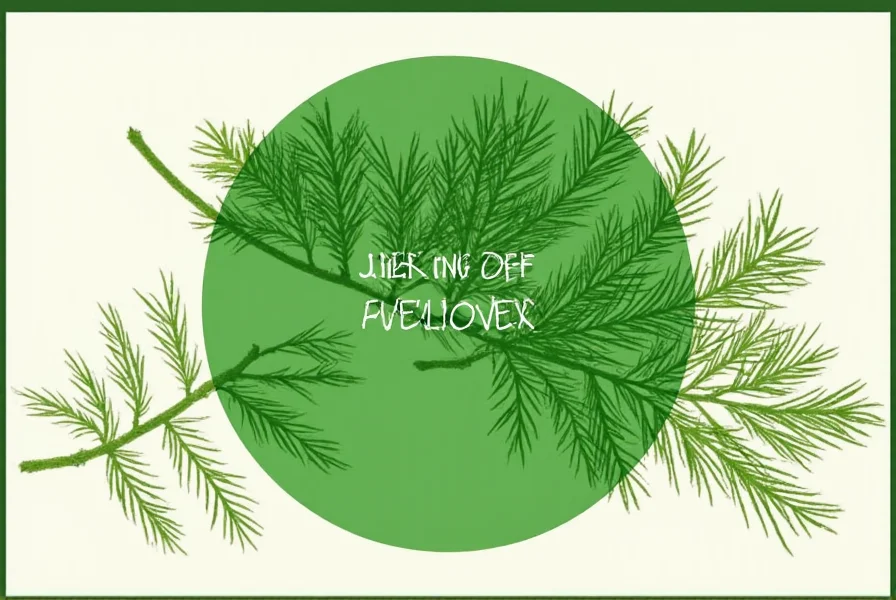
Frequently Asked Questions
What exactly are Provencal herbs?
Provencal herbs, also known as Herbes de Provence, are a traditional blend of dried herbs originating from the Provence region of southeastern France. This aromatic mixture typically includes thyme, rosemary, oregano, marjoram, and bay leaf, capturing the essence of the Mediterranean landscape.
What's the difference between Provencal herbs and Herbes de Provence?
"Provencal herbs" is the English translation of "Herbes de Provence" (French for "herbs of Provence"). Both terms refer to the same traditional blend from France's Provence region.
Can I make my own Provencal herb blend at home?
Absolutely! Authentic homemade blends use only traditional ingredients: combine 2 parts dried thyme, 1 part each rosemary, oregano, and marjoram, plus 1/2 part crumbled bay leaf. Some recipes include a pinch of culinary lavender for floral complexity. Store in an airtight container away from light and moisture.
How long do Provencal herbs last?
Properly stored in airtight containers away from heat, light, and moisture, dried Provencal herbs maintain peak flavor for 6-12 months. They won't spoil but gradually lose potency. You'll know they're past their prime when the aroma becomes weak or musty.
Are Provencal herbs the same as Italian seasoning?
No. Italian seasoning typically contains basil, oregano, and garlic powder, with less rosemary. Provencal herbs emphasize rosemary and thyme, often include lavender, and exclude basil and garlic. The flavor profiles are distinctly different.
Can I substitute fresh herbs for dried Provencal herb blend?
Yes, but with adjustments. Use three times the amount of fresh herbs as dried (since dried herbs are more concentrated). For example, replace 1 teaspoon dried blend with 3 teaspoons fresh herbs. Add fresh herbs toward the end of cooking to preserve their delicate flavors.
Conclusion
Provencal herbs represent more than just a spice blend—they embody the sun-drenched fields and culinary traditions of France's Provence region. When used authentically, this herb mixture elevates simple dishes with complex, balanced flavors that have been perfected over generations.
Whether you're preparing a classic ratatouille or experimenting with new recipes, understanding the true composition and proper use of Provencal herbs will transform your cooking. Next time you reach for a spice jar, choose a blend that honors its Provençal roots for the most authentic culinary experience.
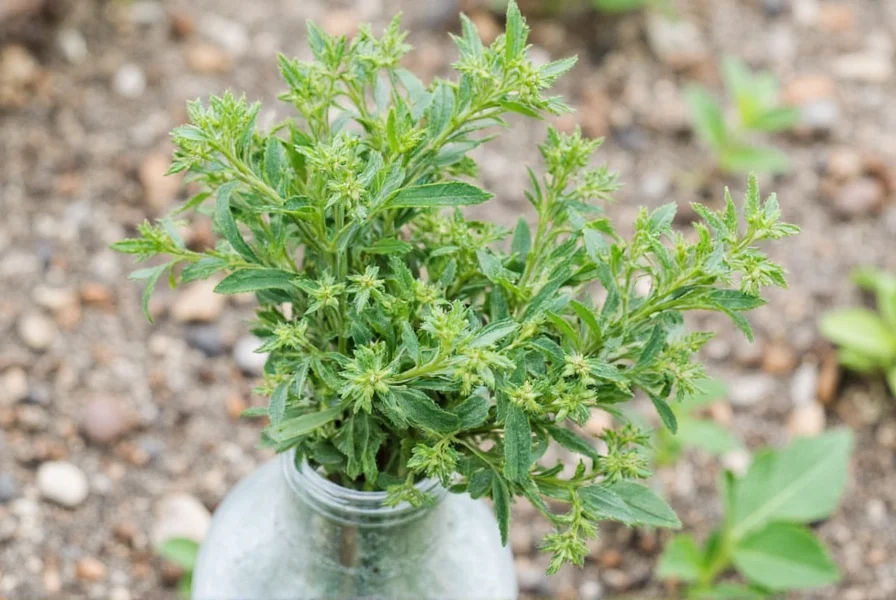










 浙公网安备
33010002000092号
浙公网安备
33010002000092号 浙B2-20120091-4
浙B2-20120091-4